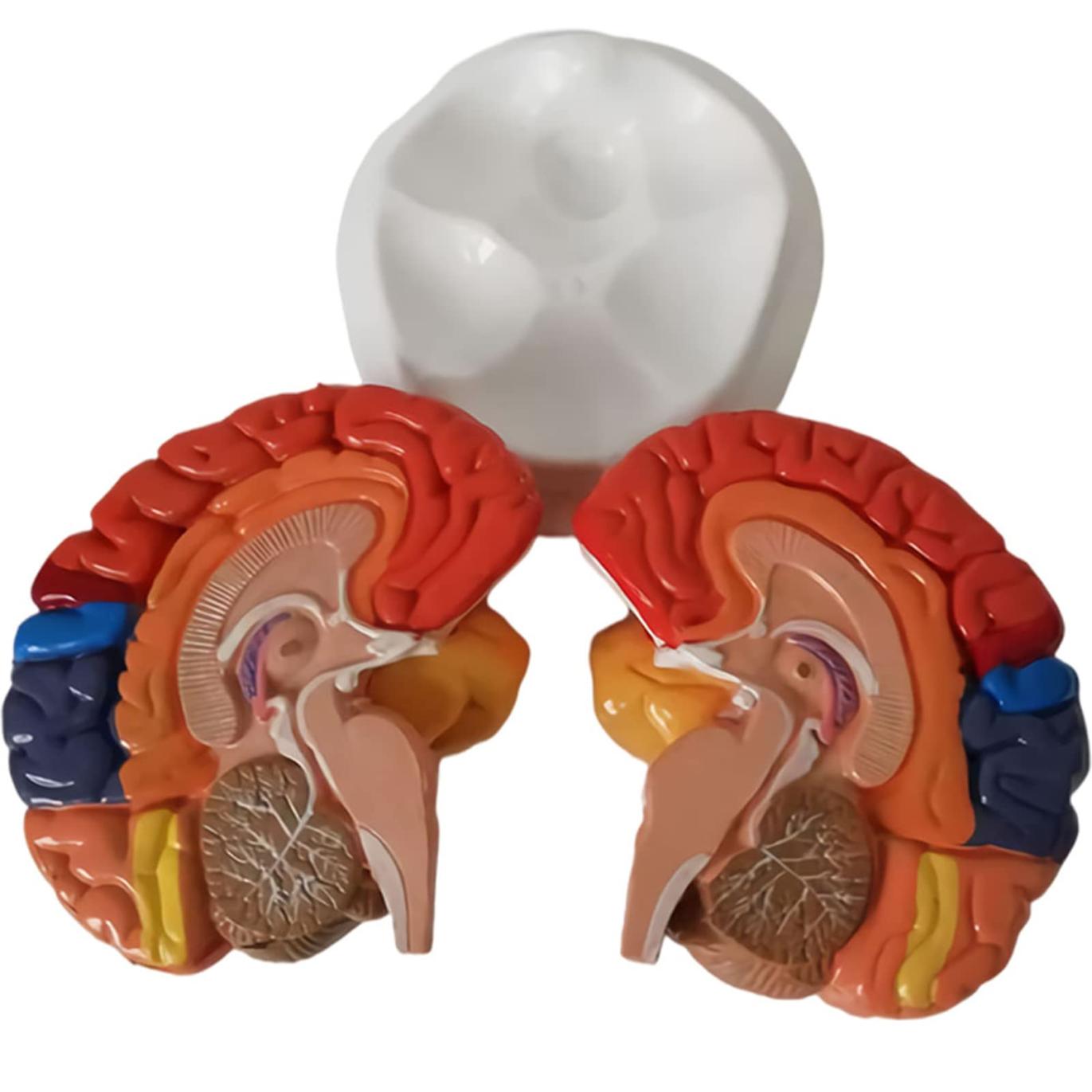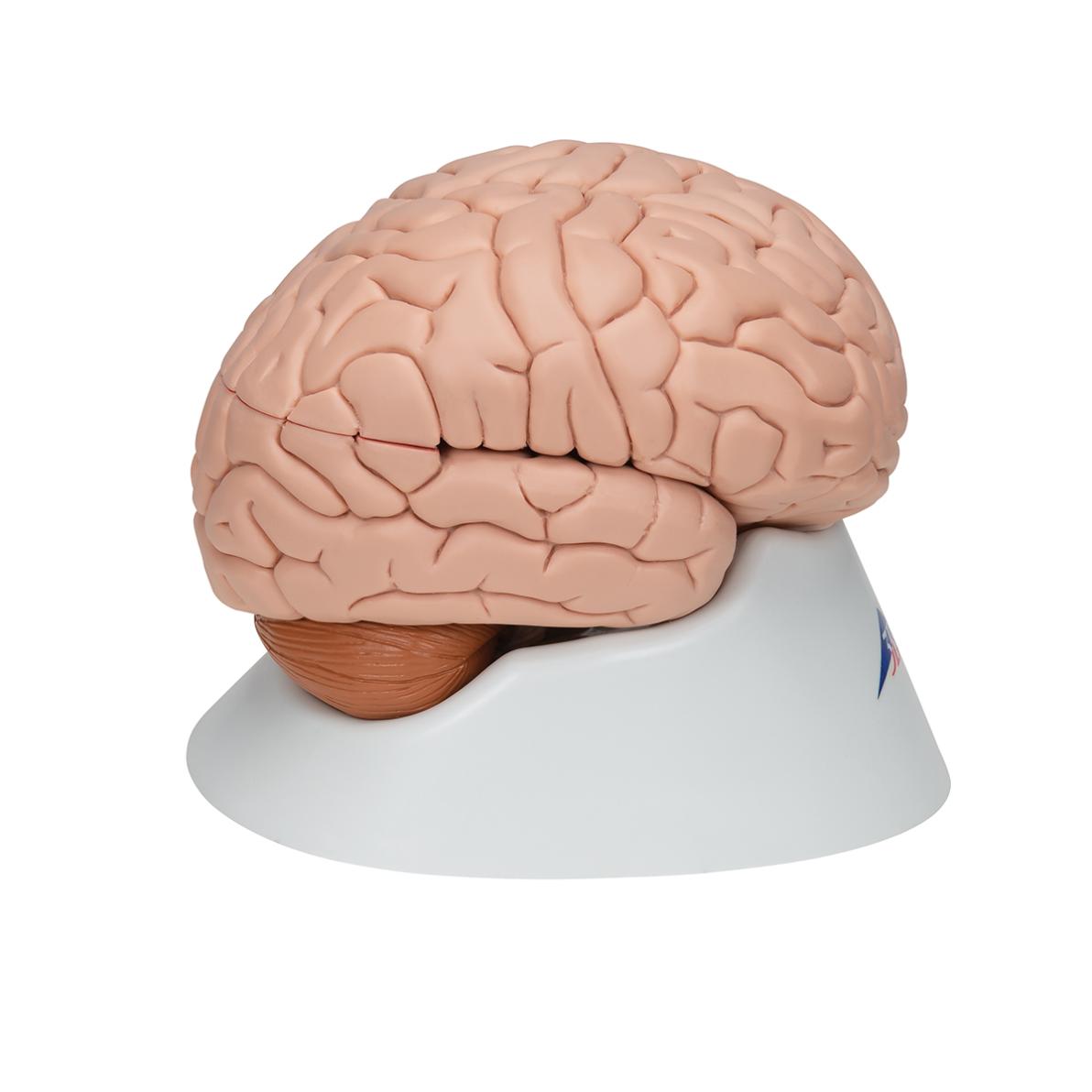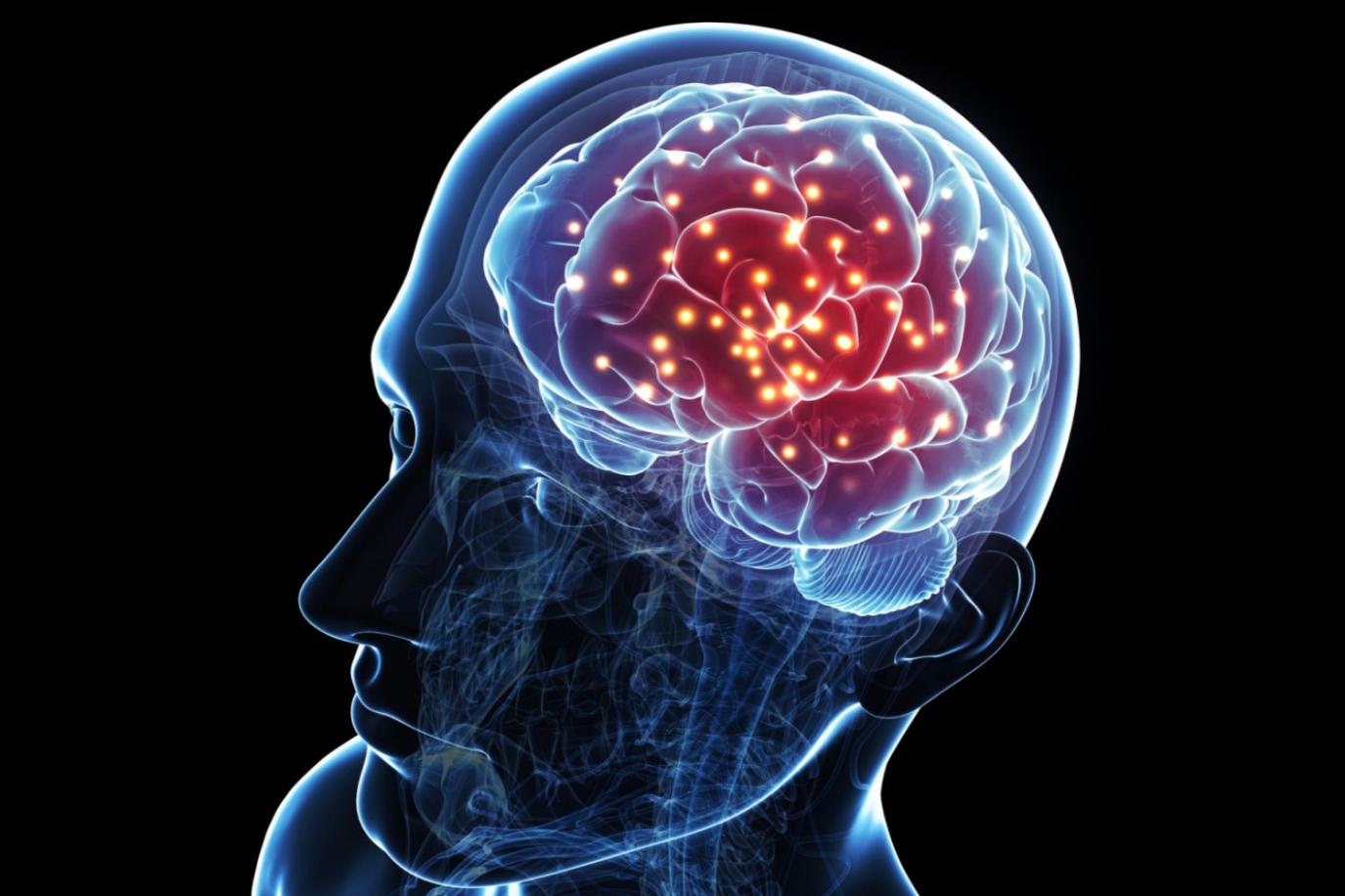The Neural Basis of Consciousness: Unraveling the Mystery of Self-Awareness
Consciousness, the subjective experience of our own thoughts, feelings, and perceptions, remains one of the greatest enigmas in science. Understanding the neural basis of consciousness, the intricate interplay of brain activity that gives rise to self-awareness, is a fundamental pursuit that holds profound implications for our understanding of the human mind, clinical applications, and even the nature of reality itself.

Defining Consciousness: Subjective Awareness And Self-Reflection
Consciousness encompasses a vast spectrum of mental phenomena, from basic sensory awareness to complex cognitive processes like decision-making and self-reflection. It allows us to perceive the world around us, interact with others, and experience emotions, thoughts, and memories. Defining consciousness precisely has been a challenge, but it is often characterized by subjective awareness, the ability to introspect and reflect upon our own mental states.
The Importance Of Understanding The Neural Basis Of Consciousness
- Clinical Applications: Disorders of consciousness, such as coma and vegetative states, pose significant challenges in diagnosis and treatment. Understanding the neural basis of consciousness can lead to better interventions and rehabilitation strategies for these conditions.
- Artificial Intelligence: As we strive to create artificial intelligence systems that mimic human intelligence, understanding consciousness becomes crucial. Can machines achieve genuine self-awareness, or is consciousness an exclusively biological phenomenon?
- Philosophical and Ethical Considerations: The study of consciousness raises profound philosophical and ethical questions. Does consciousness imply free will? How do we define personal identity and the self? These questions have implications for our understanding of morality, responsibility, and the meaning of life.
The Neural Correlates Of Consciousness (NCC)
The search for the neural basis of consciousness has led to the concept of neural correlates of consciousness (NCC), which refers to the specific patterns of brain activity that are associated with conscious experience. Researchers employ neuroimaging techniques, such as functional magnetic resonance imaging (fMRI) and electroencephalography (EEG), to investigate the brain regions and neural processes involved in consciousness.
Key Brain Regions Involved In Consciousness
- Cerebral Cortex: The cerebral cortex, particularly the prefrontal cortex and posterior parietal cortex, is involved in higher-order cognitive processes, decision-making, and self-awareness.
- Thalamus: The thalamus acts as a relay center for sensory information and plays a crucial role in arousal and attention, which are essential for conscious experience.
- Brainstem: The brainstem, particularly the brainstem reticular formation, regulates sleep-wake cycles and attention, modulating the level of consciousness.
Theories Of Consciousness

Numerous theories attempt to explain the neural basis of consciousness, each offering a unique perspective on how brain activity gives rise to subjective experience.
- Integrated Information Theory (IIT): IIT proposes that consciousness arises from the integrated information processing within complex neural networks. The more integrated the information, the higher the level of consciousness.
- Global Neuronal Workspace Theory: According to this theory, consciousness emerges when information is broadcast globally across different brain regions, creating a unified conscious experience.
- Enactive Approach: The enactive approach views consciousness as an embodied process that arises from our interactions with the environment. Consciousness is not merely a passive observer but an active participant in shaping our experiences.
Altered States Of Consciousness
Studying altered states of consciousness, such as dreams, meditation, and psychedelic experiences, can provide valuable insights into the neural basis of consciousness.
- Dreams and REM Sleep: During REM sleep, the brain exhibits patterns of activity similar to those observed during wakefulness, suggesting a link between dreaming and conscious experience.
- Meditation and Mindfulness: Meditation and mindfulness practices have been shown to alter brain activity and induce states of heightened awareness and attention.
- Psychedelic Substances: Psychedelic substances, such as LSD and psilocybin, can produce profound alterations in consciousness, offering glimpses into non-ordinary states of awareness.
Implications And Future Directions

The study of the neural basis of consciousness has far-reaching implications and opens up exciting avenues for future research.
- Clinical Applications: Understanding the neural basis of consciousness can lead to improved treatments for disorders of consciousness and brain injuries, potentially restoring conscious awareness in patients.
- Artificial Intelligence: As we delve deeper into the neural basis of consciousness, we may gain insights into the design principles of conscious machines, potentially leading to the development of artificial general intelligence.
- Philosophical and Ethical Considerations: The study of consciousness challenges our understanding of free will, personal identity, and the nature of reality. These philosophical and ethical considerations will continue to shape our understanding of the human experience.
The neural basis of consciousness remains a profound mystery, but the ongoing pursuit of understanding this enigma is yielding valuable insights into the nature of our own existence. By combining neuroscience, philosophy, and psychology, we are gradually unraveling the intricate mechanisms that give rise to self-awareness, opening up new frontiers in our understanding of the human mind and the universe we inhabit.
YesNo

Leave a Reply